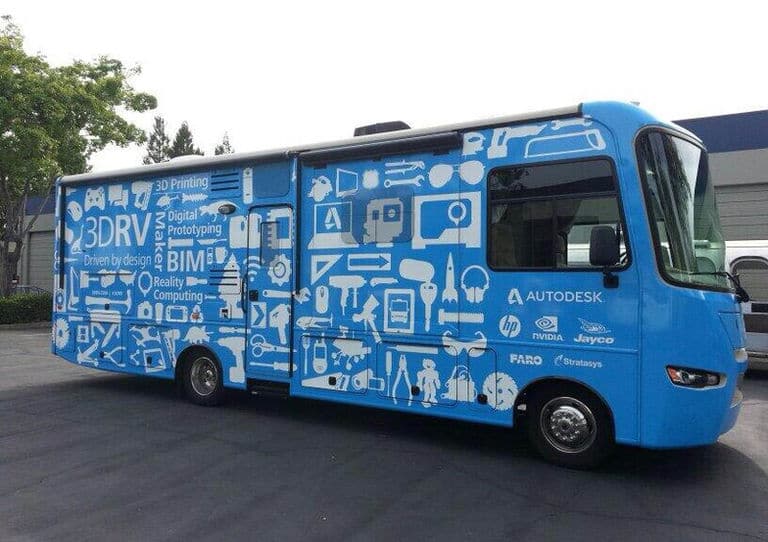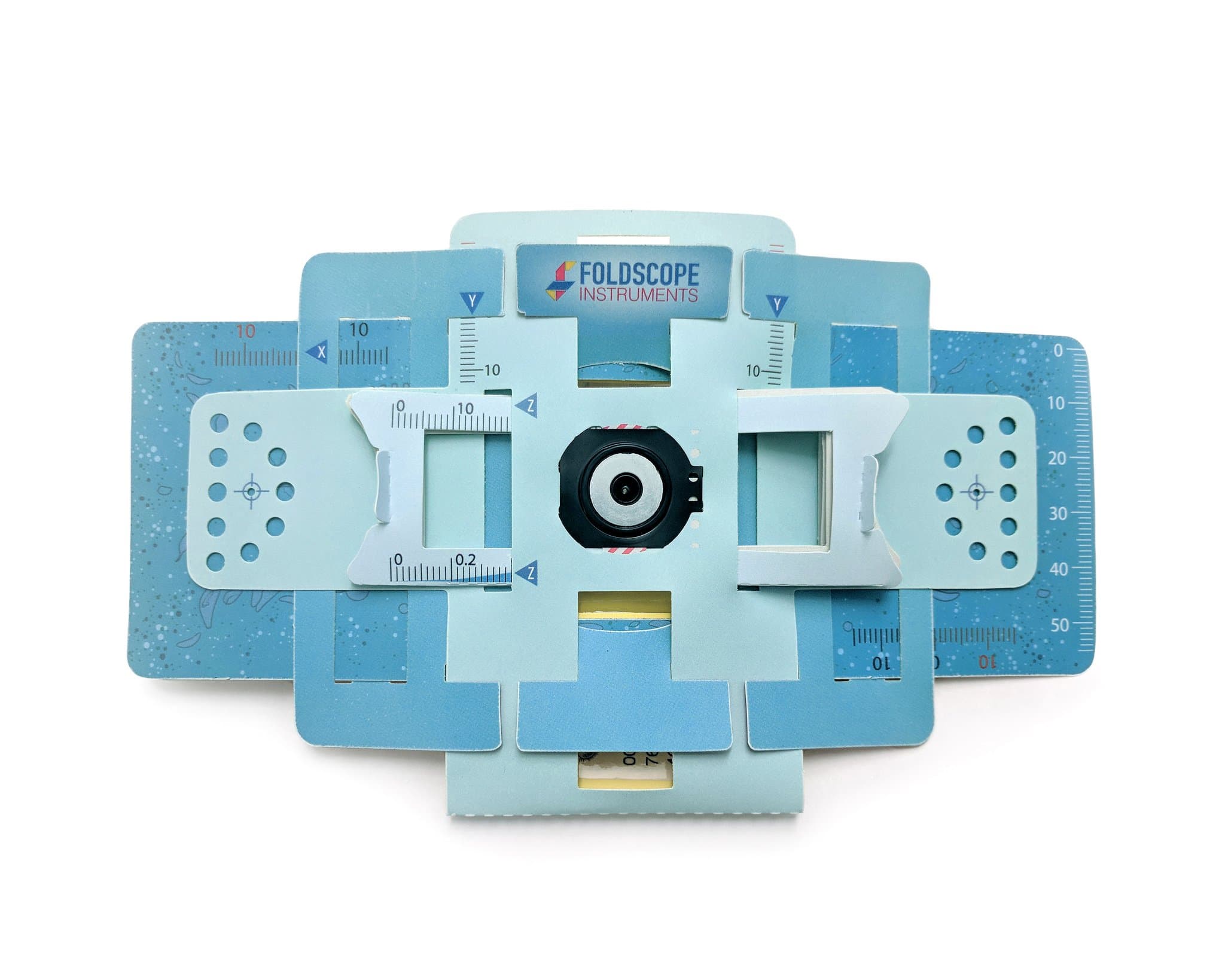AM News is adding a new section called the Editor’s Corner. This new section will provide a way for us to share a variety of resources, links, projects, and other stories that we come across in our research for this site. TJ McCue, our editor, will begin sharing some personalized posts this week.
TJ here: In my work on various National Science Foundation (NSF) projects, particularly here on TEAMM and AM News, I am constantly researching and reviewing a wide range of topics that matter for technician education, materials science, and additive manufacturing. I am active in the industries that touch our educational efforts having worked as a consultant or contractor for many of the large brands that you know and love.

I have put pen to paper for a number of publications you know as well, from the Harvard Business Review, Wall Street Journal, and currently Forbes in their Innovation and Consumer Tech section. I spent almost a full year on the road for a large national project known as 3DRV where I traveled the USA researching and reporting on 3D printing and 3D scanning. All that said, I am passionate about this space and care deeply about how we educate our young people to keep them ready for the future of work.
Every year, there are conferences and events that capture our attention and time. Depending on your specialties, you may visit an event focused on Materials Science, STEM Education, or 3D Printing, to name just a few that are of interest to our readers here.
TEAMM was part of the annual M-STEM event held last year at the Colorado School of Mines in Golden, Colorado. The event is sponsored by the National Science Foundation as part of an Advanced Technological Education (ATE) with MatEdU, our sister organization at Edmonds Community College. If you have not visited before, MatEdU is a clearinghouse of teaching materials including labs, hands-on demonstrations, modules and papers, which can easily be integrated into a variety of courses, class-room settings, and industry.
At the M-STEM event, two graduate students presented (and won) an award for their work at Tennessee Tech University building a mobile 3D printer. It can work with a variety of materials from cake frosting (you read that right) to cement to paint. You can check out the YouTube video here. Although they were not present at M-STEM, TEAMM Network Member, Somerset Community College, is doing some amazing 3D printing work as well converting a $450 polymer (FFF) machine into a metal 3D printer.
If you have not visited MatEdU before, it is a clearinghouse of teaching materials including labs, hands-on demonstrations, modules and papers, which can easily be integrated into a variety of courses, class-room settings, and industry.
An event to mark on your calendars for April 20 – 23, 2020 is probably one of the best-known conferences for 3D (celebrating its 30th Year): RAPID + TCT, the largest 3D Printing and Additive Manufacturing event in North America (scroll down on that page to find student and educator discounts).
I’ll be attending this year’s RAPID+TCT event in Anaheim, California and will be reporting back to you on some of the developments for education, as well as advances in Medical Additive Manufacturing (AM), and new AM Startups (this section is not published yet) shaking up the already fast-moving world of 3D printing. Plus, there is a Student Summit.
One of the goals of this new section is to give a shout out to various organizations, colleges and universities, companies, and other resources that can help you in your work with students and the public at large. Some weeks, it might be a long list; other weeks I might only have one item to share with you.
This week I wanted to draw your attention to an affordable, do-it-yourself type microscope known as the Foldscope. According to the website, Foldscope was “invented by Manu Prakash and Jim Cybulski who asked themselves: What is the best microscope you can build for under $1 in parts?

“Their inspiration for the Foldscope originated from field visits around the world, where they continually encountered bulky, broken microscopes, or a lack of microscopes entirely. As traditional microscopes are often expensive or cumbersome, they realized the universal scale of this problem and the need for a low-cost, revolutionary solution.”
At the end of 2019, one million Foldscopes were found in the wild helping children and adults become citizen scientists.
May your weekend be filled with all the good materials.

NOTE: The Foldscope is made up of common, easy to get and affordable materials, however on their website a deluxe microscope sells for around $30 for one unit. I presume this is partly to fund other parts of the initiative. They sell a classroom kit of $20 that works out to a bit over $1.75 per unit. Still a deal.
An earlier version of this post was published at Medium.